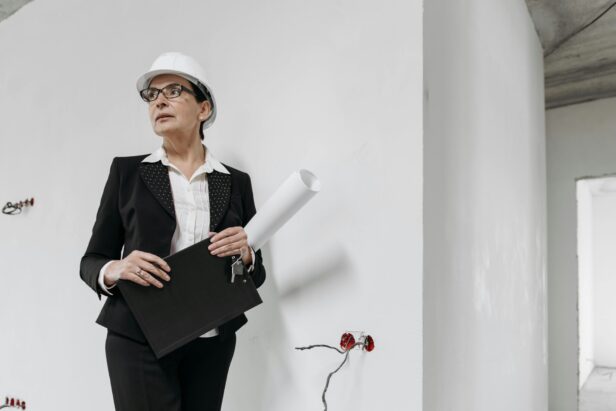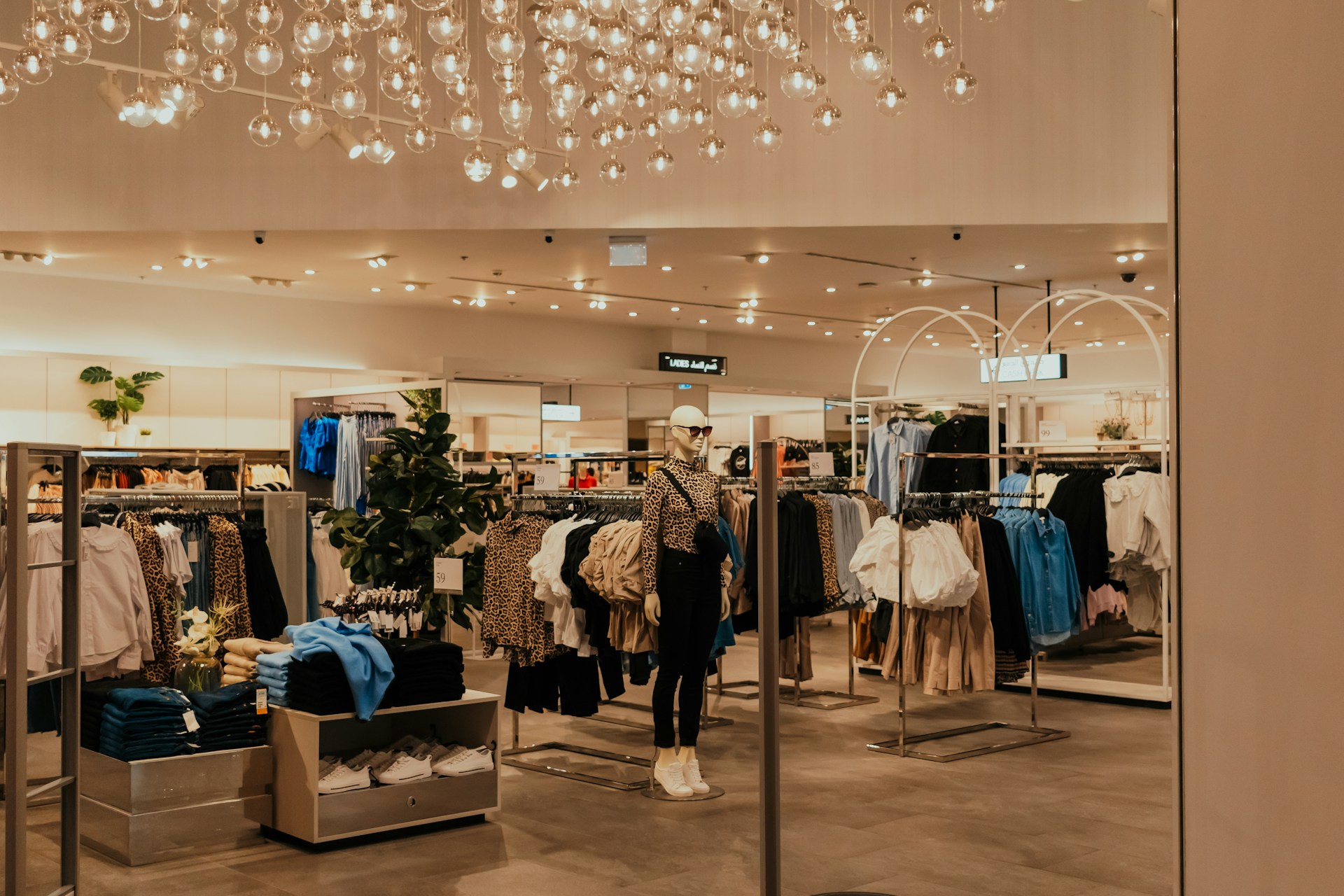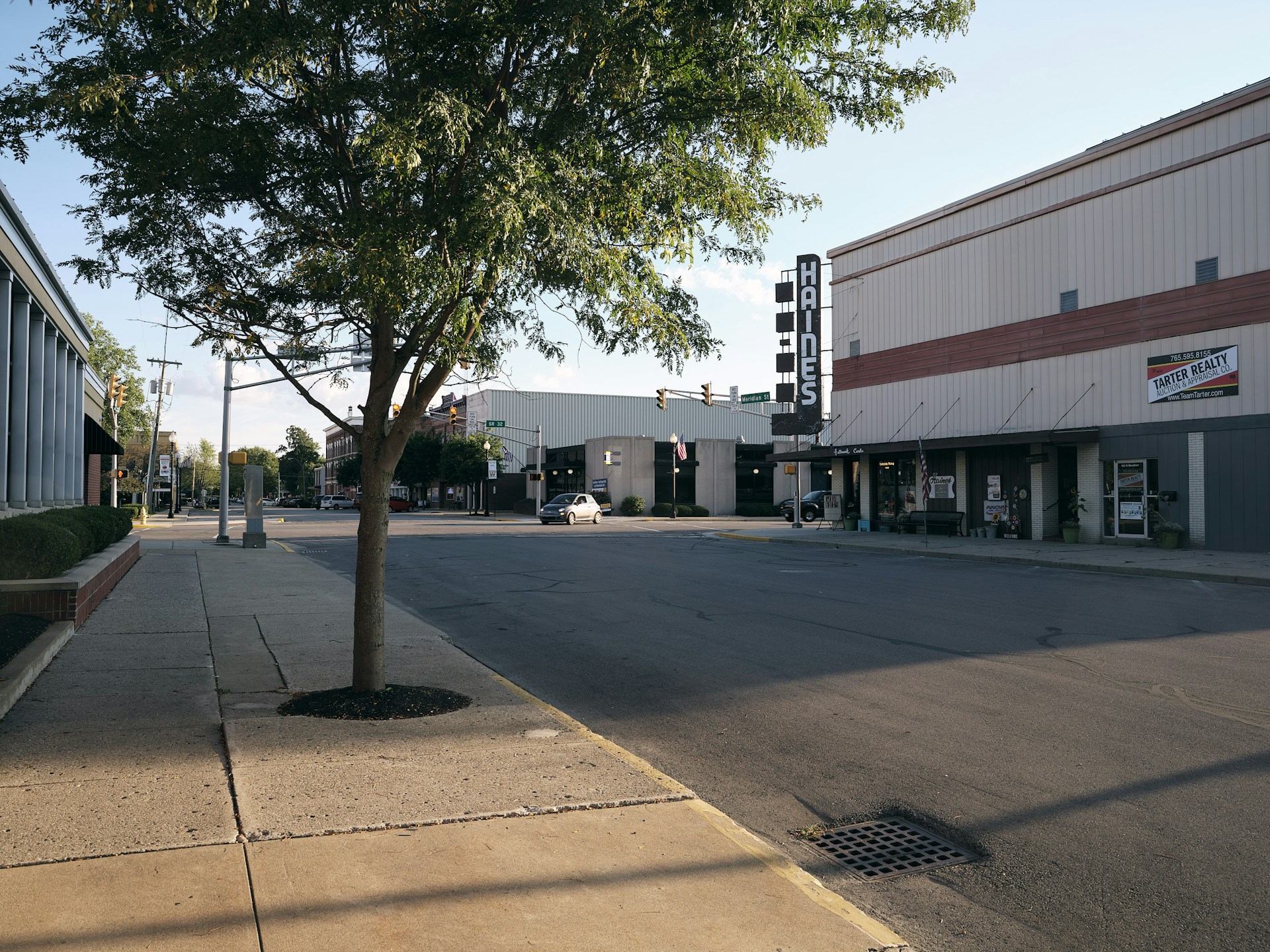Store design can make or break opening day success. A well-executed retail space draws customers in, while poor planning creates costly delays and missed opportunities. When we build retail environments, every decision impacts both immediate operations and long-term profitability.
A retail contractor Fort Worth manages comprehensive construction projects for stores and service spaces throughout the region. We coordinate subcontractors, manage schedules, and execute builds that span restaurants, strip malls, convenience stores, car wash facilities, hotels, self storage units, child care facilities, automotive centers, and aviation spaces. Our work includes tenant improvements, interior build-outs, storefront renovations, and custom upgrades that align with brand requirements and operational needs.
Which Retail Project Types Are Most Common In Fort Worth?
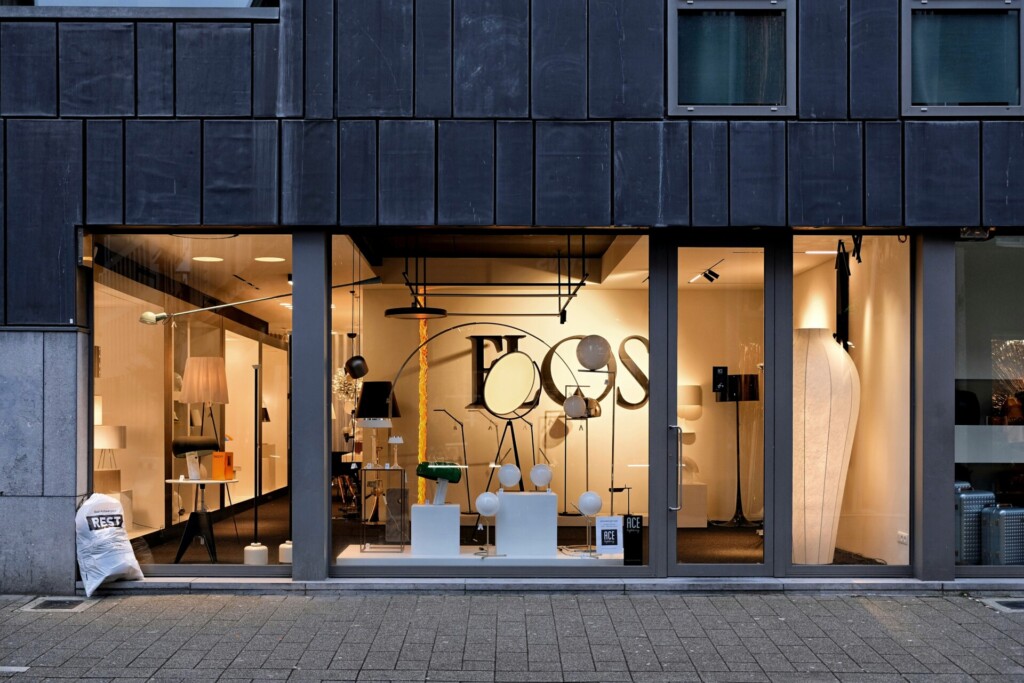
Fort Worth retail construction encompasses several distinct project types that we encounter regularly. Each type serves specific business needs and requires different construction approaches. Property owners and developers can benefit from understanding these categories when planning their retail spaces.
Buildouts represent one of the most comprehensive project types we handle. These projects involve interior demolition of existing spaces followed by complete reconstruction to accommodate new tenants. We strip out walls, flooring, electrical systems, and plumbing to create a blank slate. The rebuild process includes new layouts, updated mechanical systems, and finishes that align with the tenant’s operational requirements.
Storefront remodels focus specifically on the exterior facade and entrance areas. These projects aim to increase foot traffic by creating more attractive and inviting storefronts. We update signage, lighting, entry doors, and window displays. Materials selection often emphasizes durability while enhancing visual appeal from street view.
Remodels involve comprehensive renovation and upgrading of existing retail spaces. Unlike buildouts, these projects work within existing structural frameworks while updating finishes, systems, and layouts. We coordinate electrical upgrades, HVAC improvements, and interior refreshes to modernize spaces without complete reconstruction.
Rebranding projects provide lighter visual updates compared to full remodels. These efforts focus on changing color schemes, updating fixtures, and refreshing brand elements throughout the space. We work with existing infrastructure while implementing new design elements that reflect updated company identity.
Sustainability upgrades help retail spaces go green through energy-efficient improvements. We install LED lighting systems, upgrade HVAC equipment for better efficiency, and incorporate sustainable materials. These projects often qualify for tax incentives while reducing long-term operating costs for tenants.
Turnkey projects involve building or remodeling retail spaces specifically for future sale or lease. We coordinate all aspects of construction to deliver move-in ready spaces. These projects require careful market analysis to ensure the finished product meets broad tenant requirements.
Beyond these primary categories, we regularly handle custom tenant improvements that combine elements from multiple project types. Strip centers and higher-end stores often require specialized approaches based on their target markets and operational needs. Each project type demands specific expertise in scheduling, materials, and construction methods to achieve successful outcomes.
How Do Preconstruction And Delivery Methods Keep Retail Timelines On Track?
Preconstruction planning serves as the foundation for meeting retail opening deadlines. We start every project with detailed scope analysis, cost estimation, and schedule development. This upfront work prevents costly surprises during construction.
Budget planning during preconstruction helps us lock in material costs and subcontractor commitments early. Risk mitigation begins with site evaluation and permit coordination. When we identify potential issues before breaking ground, we avoid delays that could push back grand opening dates.
Value-Added Preconstruction Services Drive Schedule Alignment
Our preconstruction team coordinates directly with property managers and design teams to align project expectations. We review tenant improvement allowances and building specifications to prevent scope creep. Early subcontractor selection gives us committed schedules from day one.
Technology integration during preconstruction streamlines the entire build process. We use project management software to track permit approvals and material deliveries. Digital collaboration tools keep all stakeholders updated on milestone progress and schedule changes.
CMAR And Design-Build Methods Accelerate Delivery
Construction Manager at Risk (CMAR) delivery gives us control over both schedule and budget from the design phase forward. We participate in design decisions that affect constructability and timeline. This early involvement prevents redesign delays and change orders.
Construction-led design-build takes coordination one step further. We manage both design and construction teams under one contract. This unified approach eliminates communication gaps between architects and builders that typically slow retail projects.
Building Performance Solutions And Commissioning Ensure Quality Operations
Building performance solutions focus on systems that affect long-term operations. We coordinate HVAC, electrical, and technology installations to meet retail operational needs. Proper system integration prevents post-opening repairs that disrupt business.
Commissioning validates that all building systems work as designed before tenant move-in. We test fire safety systems, emergency lighting, and HVAC controls. This systematic approach catches issues before they affect store operations or customer experience.
Sustainability solutions often integrate with building performance systems. Energy-efficient lighting and HVAC reduce operating costs while meeting green building standards. These upgrades require careful coordination but deliver long-term value for retail operators.
Safety practices throughout construction protect both workers and adjacent retail tenants. We schedule noisy work during off-peak hours and maintain clean, secure work zones. Strong safety protocols prevent accidents that could delay completion or affect neighboring businesses.
What Tenant Improvements And Storefront Upgrades Drive Results?
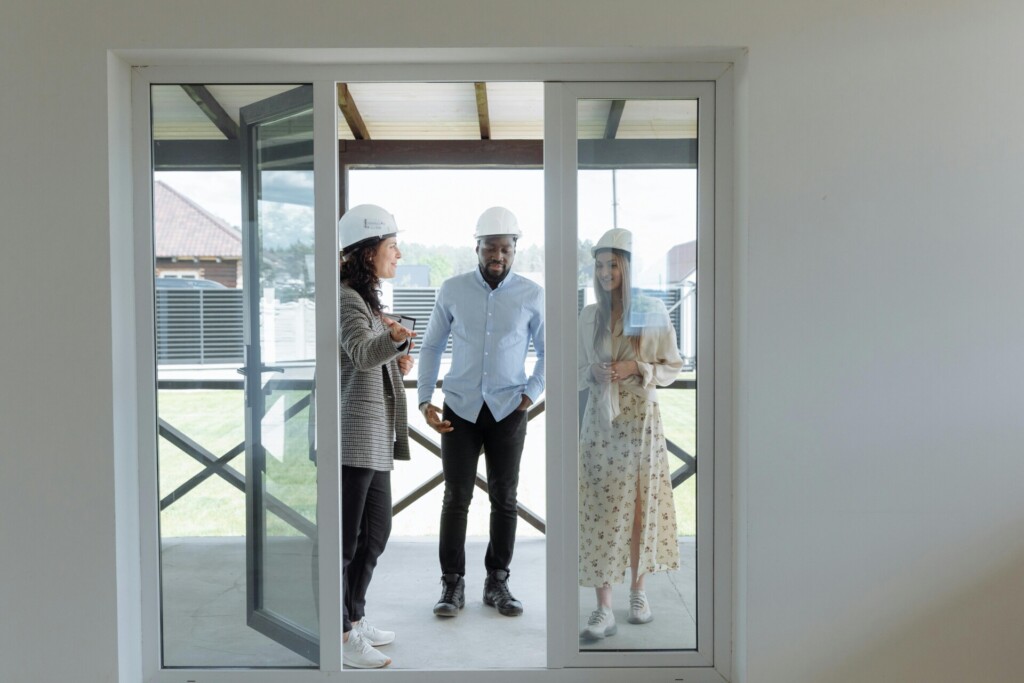
Tenant improvements shape retail spaces to match specific business needs and brand identities. These projects range from interior build-outs for new tenants to full-scale renovations that transform existing operations. Storefront remodels target the exterior presentation to attract foot traffic, while custom improvements address unique operational requirements.
Interior build-outs create functional spaces from raw commercial shells. We coordinate electrical, plumbing, flooring, and fixture installation to meet tenant specifications. Custom improvements might include specialized lighting for product displays, unique shelving systems, or branded elements that reinforce company identity.
Storefront Remodeling That Increases Visibility
Storefronts serve as the first impression for potential customers. Fresh facades, updated signage, and improved lighting draw attention from passersby. Window displays become opportunities to showcase products and create visual interest that encourages people to enter.
Modern storefront materials resist weather while maintaining appearance over time. Glass upgrades improve natural light penetration and create an open, welcoming feel. Strategic color choices and branding elements help businesses stand out in crowded retail environments.
Managing Schedules For Opening Date Success
Meeting advertised opening dates requires precise coordination between multiple subcontractors. We establish clear milestones for each trade and track progress against the overall timeline. Regular check-ins with electrical, plumbing, and finishing contractors prevent delays from cascading through the schedule.
Clear scope definitions eliminate confusion about who handles specific tasks. When changes arise, quick decision-making keeps projects moving forward. We maintain buffer time in critical phases to absorb unexpected complications without affecting the opening date.
Cost Control Through Scope Clarity
Well-defined project scopes prevent budget overruns and timeline extensions. We document exact specifications for materials, finishes, and installation methods before work begins. This clarity helps subcontractors provide accurate bids and reduces change orders during construction.
Regular cost tracking identifies potential issues before they impact the budget significantly. Value engineering opportunities emerge when we review specifications against actual needs, potentially reducing costs without compromising quality or functionality.
What Facility Services Keep Retail Properties Operating?
Retail properties face constant wear from customer traffic, seasonal weather, and daily operations. We address these challenges through comprehensive facility services that maintain functionality and protect your investment. According to facility management experts, proactive maintenance reduces emergency repair costs while ensuring optimal customer experience.
Building maintenance and repair form the backbone of retail property operations. Our teams handle routine tasks like HVAC system checks, electrical inspections, and plumbing repairs to keep commercial properties running smoothly. These services prevent minor issues from escalating into costly breakdowns that could force temporary closures.
Preventative Maintenance Programs
Preventative maintenance schedules protect retail facilities through regular equipment servicing and system monitoring. We inspect fire safety systems, commercial refrigeration units, and lighting fixtures before problems develop. This approach reduces unexpected downtime and extends equipment life cycles across strip malls, restaurants, and other retail spaces.
Seasonal maintenance becomes critical for Fort Worth properties dealing with temperature extremes. We perform HVAC tune-ups before peak cooling seasons and address weatherproofing needs to maintain comfortable shopping environments. Regular maintenance also ensures compliance with safety codes and insurance requirements.
Urgent Repairs and Emergency Response
Urgent repairs require immediate attention to minimize business disruption. We respond quickly to plumbing leaks, electrical failures, and HVAC breakdowns that could impact customer comfort or safety. Our emergency protocols prioritize repairs that affect revenue-generating areas first.
Fast response times become essential during peak shopping periods when every hour of downtime translates to lost sales. We maintain relationships with specialized subcontractors to handle urgent concrete work, storefront glass replacement, and structural repairs. This network ensures commercial properties stay operational even during unexpected equipment failures.
Concrete Work and Structural Maintenance
Concrete surfaces in retail properties endure heavy foot traffic and weather exposure. We perform crack repairs, joint sealing, and surface restoration to maintain safe walking conditions for customers. Preventative concrete work prevents trip hazards and water infiltration that could damage building foundations.
Parking lot maintenance protects the first impression customers receive when visiting retail sites. We handle pothole repairs, striping updates, and drainage improvements to ensure smooth traffic flow. Well-maintained concrete surfaces also reduce liability risks and support positive customer experiences across industrial properties and retail centers.
Conclusion And Next Steps
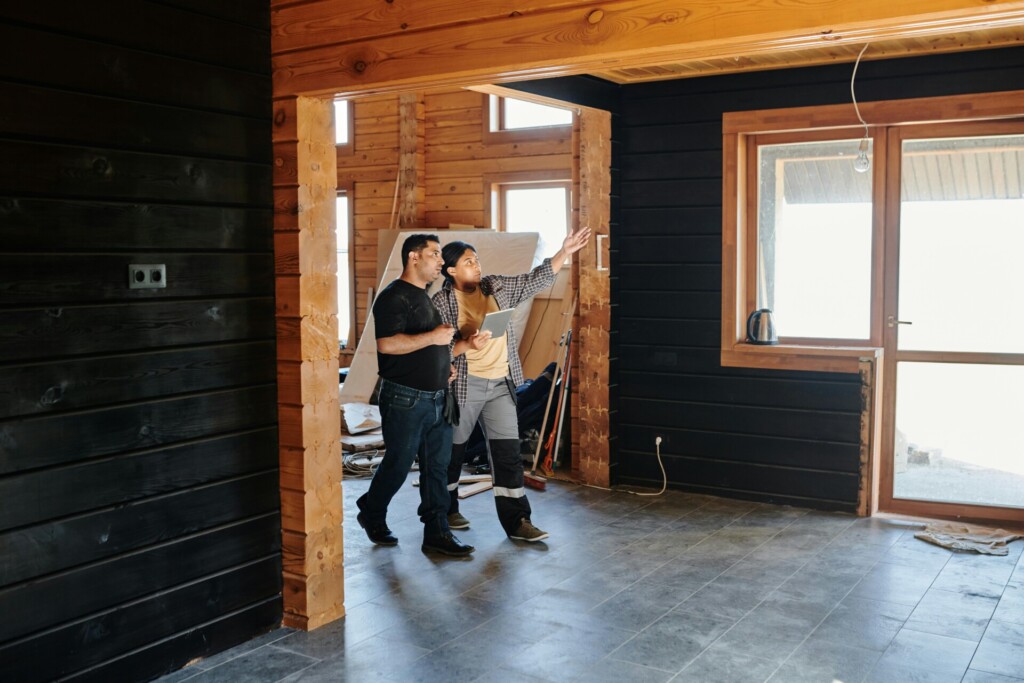
Retail construction planning in Fort Worth requires systematic coordination across buildouts, storefront remodels, tenant improvements, and ongoing facility management. We structure projects to meet opening dates through comprehensive preconstruction services, proven delivery methods like CMAR and design-build, and rigorous subcontractor control. Building performance and commissioning verify that systems operate correctly before handover, while planned facility maintenance protects operations after occupancy.
Your next steps center on three core decisions that determine project success. Define your project scope, timeline constraints, and budget parameters early to establish realistic expectations. Select a delivery method that aligns with your risk tolerance and schedule requirements. Outline specific tenant improvement needs and maintenance protocols to ensure smooth operations from opening day forward. Ready to plan your Fort Worth retail construction project? Contact EB3 Construction to discuss how we coordinate retail projects from preconstruction through ongoing facility services.

